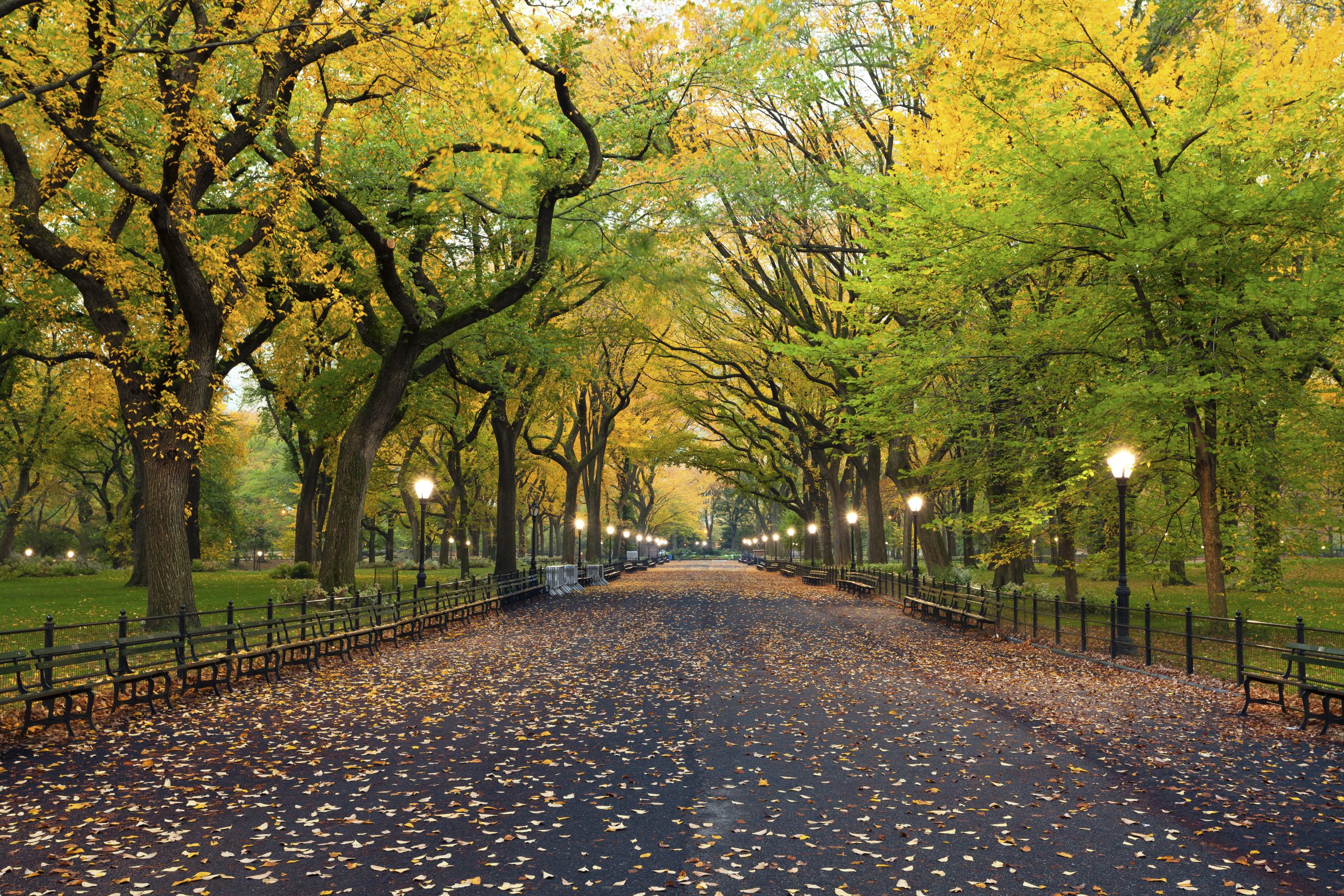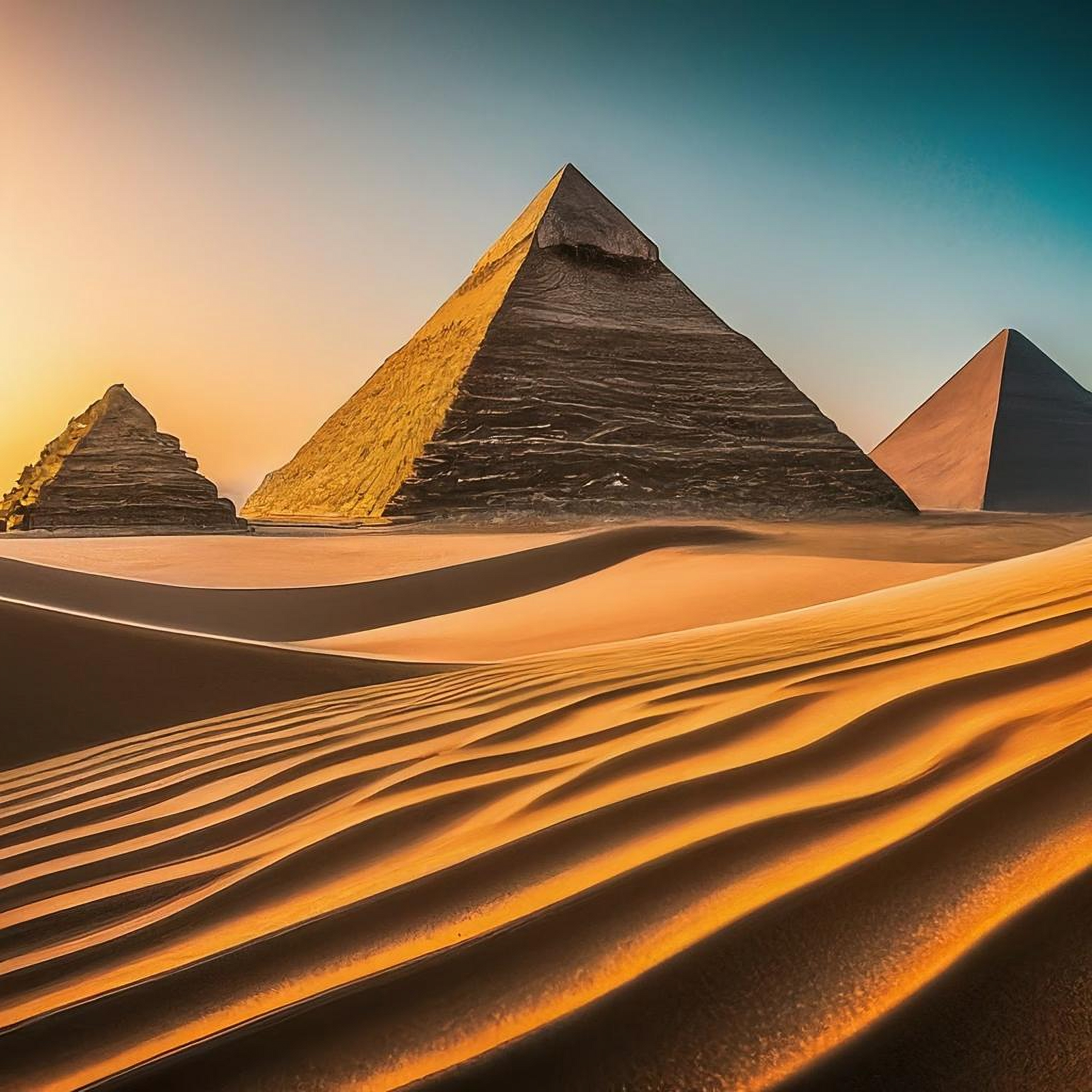Love, a universal concept that has been the focus of countless books, poems, and songs, has also been a recurring theme in the world of cinema. From classic romances to modern love stories, the evolution of love in film has not only reflected the changing societal attitudes towards love and relationships, but has also played a significant role in shaping them.
In the early days of cinema, love was often portrayed through the lens of idealized and chaste courtship. The Hollywood golden era of the 1920s to the 1950s gave rise to iconic romantic films such as “Gone with the Wind” and “Casablanca”, where the protagonists’ love was portrayed as a grand and epic adventure. These films emphasized the idea of love as a romantic ideal, and often overlooked the complexities and challenges of real-life relationships.
As time passed and societal attitudes towards love and relationships evolved, so did the portrayal of love in film. The 1960s saw the rise of the rebellious and free-spirited counterculture, which challenged the traditional notions of love and monogamy. This was reflected in films like “Bonnie and Clyde” and “Easy Rider”, where the protagonists’ love was portrayed as a passionate and unconventional escape from societal norms.
In the 1970s, the concept of love in film took a more realistic and gritty turn. With the emergence of the New Hollywood movement, films like “Annie Hall” and “Saturday Night Fever” depicted love as messy and complicated, often with bittersweet endings. These films were a reflection of the changing attitudes towards love and relationships, with a growing emphasis on individualism and the breakdown of traditional family structures.
The 1980s saw the rise of the romantic comedy genre, with films like “When Harry Met Sally” and “Pretty Woman” dominating the box office. These films portrayed love as a lighthearted and humorous affair, often following a predictable formula of boy meets girl, boy loses girl, and boy gets girl back. Love was no longer portrayed as a grand and epic adventure, but rather as something that could be easily won through a series of comedic misunderstandings and mishaps.
The 1990s saw a shift towards more diverse and inclusive representations of love in film. Films like “The Wedding Banquet” and “My Best Friend’s Wedding” explored themes of same-sex love and the challenges of unrequited love. This decade also saw a rise in films that challenged traditional gender roles, with female protagonists taking charge of their own love lives in films like “You’ve Got Mail” and “How to Lose a Guy in 10 Days”.
As we entered the new millennium, the portrayal of love in film became even more diverse and complex. Films like “Brokeback Mountain” and “Blue is the Warmest Color” tackled taboo subjects such as same-sex love and the exploration of one’s sexuality. These films were a testament to the evolving attitudes towards love and relationships in modern society, where traditional notions of love were no longer the only ones portrayed on screen.
In recent years, there has been a surge in films that challenge the idea of a “happily ever after” ending and instead focus on the complexities and challenges of long-term relationships. Films like “Blue Valentine” and “Marriage Story” explore the gritty realities of love, highlighting the struggles and sacrifices that couples make in order to stay together.
The rise of technology and social media has also had an impact on the evolution of love in film. In the age of Tinder and Instagram, films like “Her” and “Eighth Grade” have explored the complexities of modern love, where relationships are often forged and maintained through screens, and the lines between reality and virtual reality become blurred.
Looking forward, it is clear that the evolution of love in film will continue to reflect the ever-changing attitudes and complexities of modern relationships. With the rise of streaming services, there is now a greater diversity of stories being told, providing more opportunities for different voices and perspectives to be heard.
Love, in all its forms, will always be a central theme in film as it is a universal experience that transcends time and culture. From classic romances to modern love stories, the evolution of love in film not only reflects the changing societal attitudes towards love and relationships but also plays a crucial role in shaping them.




